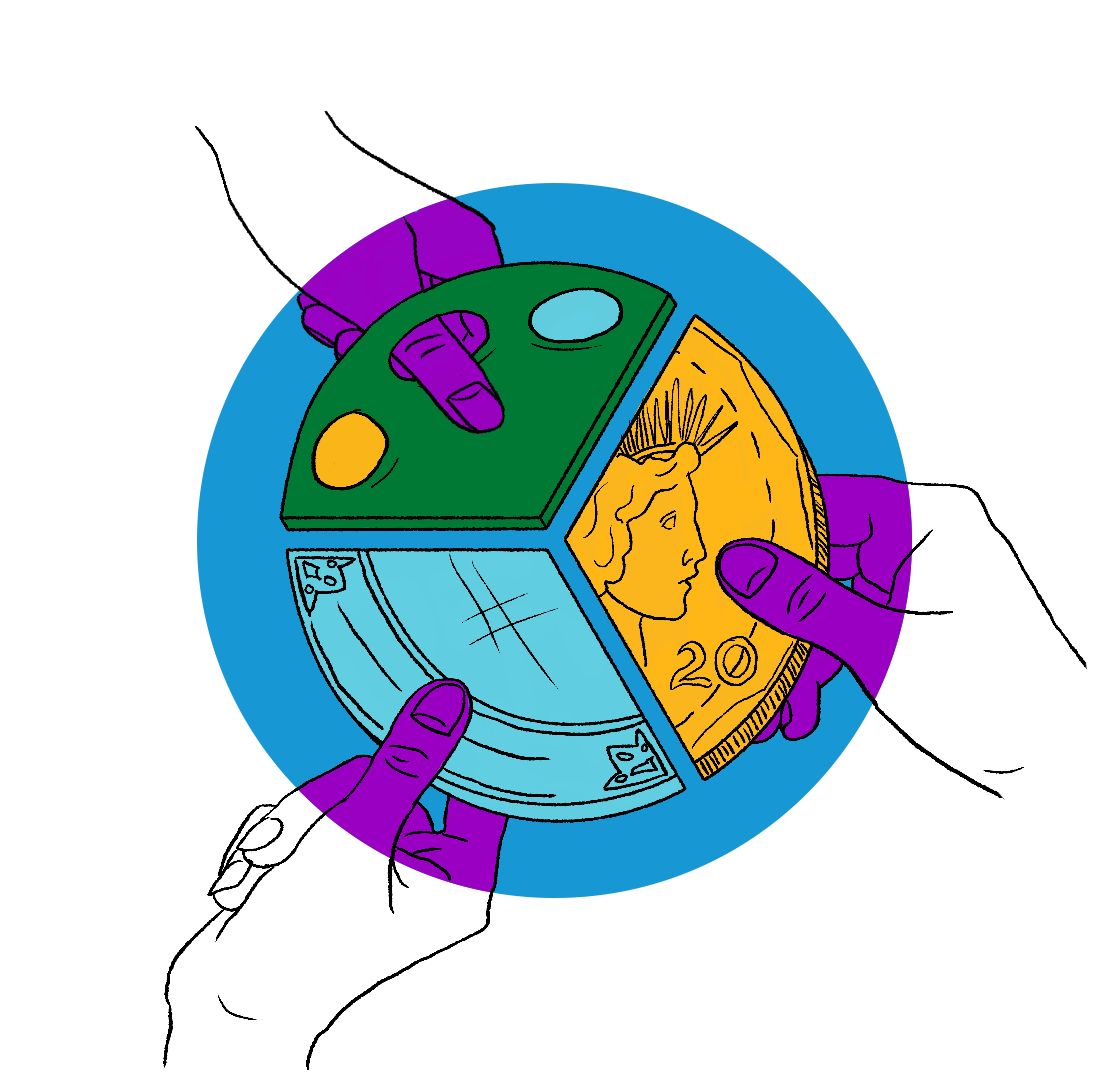An art rental business that built a new market from scratch provides a model for the financial viability of creative work.
Over a decade ago, I established a company, ARTIQ, with the then unorthodox idea of paying artists a regular income for exhibiting their work. I have always found it curious that artists are rarely paid to show their work, the same way one would pay to rent a film or music, or for a taxi journey or legal advice. For visual artists, exposure is often offered in lieu of payment; it is the equivalent of offering to rate your Uber driver five stars for a free ride. ARTIQ was established not to protest or shout, but to show the genuine mutual benefit of paying for an art collection. Indeed, back in 2009 when I established the business, I hoped that maybe, with enough support and interest from the corporate and arts sector, we could, with fair pay, as well as exposure, start making the arts a more economically viable career for artists.
I was lucky enough to grow up around arts and culture. I have experienced both the difficulty of making a regular income as an artist and the fulfilment and wellbeing of making, consuming and engaging with the arts. Therefore, I am on a mission to prove people will pay for art and for creativity, not because they should, but because they understand it benefits them and society. To do this, my business has not taken money from arts councils or from philanthropists. It has stood on its own two feet, without funding or venture capital, showing a creative business can do good and be profitable.
The ARTIQ concept is one of mutual benefit, where creativity is paid for with actual money. We operate as an artist agency, working with creatives across the world, and with a client base that includes multinational banks, cutting-edge tech firms, hospitality groups and universities. This model ensures all stakeholders win: the artist, the client and the ARTIQ team. Our pitch to artists is simple: we will pay you to exhibit your work and take on the risk of installation and insurance. In the last three years alone, we have paid almost US$6 million to artists, creatives and makers. The client wins because they can exhibit an art collection that reflects and represents their values, messaging and ESG stripes; support the local economy; and engage their key stakeholders, clients, team and shareholders. The ARTIQ team generates profit through a model that has purpose at its heart.
I am on a mission to prove people will pay for art and for creativity, not because they should, but because they understand it benefits them and society
Our team is passionate about making the arts a more equitable and inclusive industry. If more arts businesses do not start to focus on representation and, critically, paying properly, the arts could fade into obsolescence. At ARTIQ, 40% of the artists we represent identify as LGBTQ+ or are artists of colour, and our paid internship programmes and school-age work experience schemes have encouraged candidates from low income and diverse backgrounds. Our desire to nurture and train the team from within means those who approach the business with an entrepreneurial attitude will succeed; historically, most of our interns have gone on to full-time positions and my former PA is now a board director and COO.
Being self-sufficient from the beginning meant there were two key hurdles. First was breaking into a new market: 98% of our clients had never rented art before. Second was building and maintaining project momentum: renting art collections at a fraction of the sale price requires volume to be financially sustainable. Once we achieved both these goals, our next big challenge was scaling the team, and at the same time building an inclusive culture with ambitious, passionate members, motivated and dedicated to ARTIQ’s purpose. Our team today is incredible, and we encourage each other to be more innovative and creative. Therefore, this year, we are implementing a technology system to streamline processes and have more time for creativity and human interaction.
The coronavirus pandemic ravaged many businesses in the art world: artists, freelancers and creatives found themselves slipping through the cracks of government support. However, our support did not stop. I believe we were able to navigate the pandemic for three reasons. First, we kept an extremely close eye on cashflow; took advantage of government support; and, vitally, focused the team’s efforts on projects that had paid. SMEs the world over struggle with clients who are slow to settle invoices, so we focused all our energy on clients who valued our service. Second, we continued to embody our value of upfront, honest communication to all stakeholders. No sugar coating and no unnecessary drama. I believe this built ownership, trust and kindness. Third was the fact that we provided relief to our clients. Arts and culture broke through the monotony of the pandemic. We provided moments of creativity and human interaction by establishing an online programme of classes, artist talks, conversations – we became almost art counsellors. Culture is vital, especially in a time of crisis.
Today, from a £10,000 start up loan, we are now a multi-million-dollar business with projects in 16 countries, working with hundreds of artists. In the last two years, ARTIQ has undertaken almost 700 projects, showing art to new and diverse audiences. Even though the business has been established for a decade, this is really just the beginning. We weathered the pandemic and emerged stronger and more connected, reconfirming the viability of our mission. We will have succeeded in this mission if paying for art and culture becomes as normal as paying any other service.
ARTIQ has always confused people. It’s not a gallery, it’s not a service business, it’s not a social enterprise or a charity. It’s a business that exists to bring economic viability to the arts, from the makers creating to the team delivering the projects, and to show consumers and businesses that creativity is important and vital.
Being a tech-enabled business means we can scale further and wider across the globe, and we would welcome conversations with interested businesses who want culture to be part of their offering to their key stakeholders. Most of all, though, I hope fellow entrepreneurs and investors will get in touch to compare notes, to share best practice and to build the growing voice of those advocating the purpose of paying for creativity.








